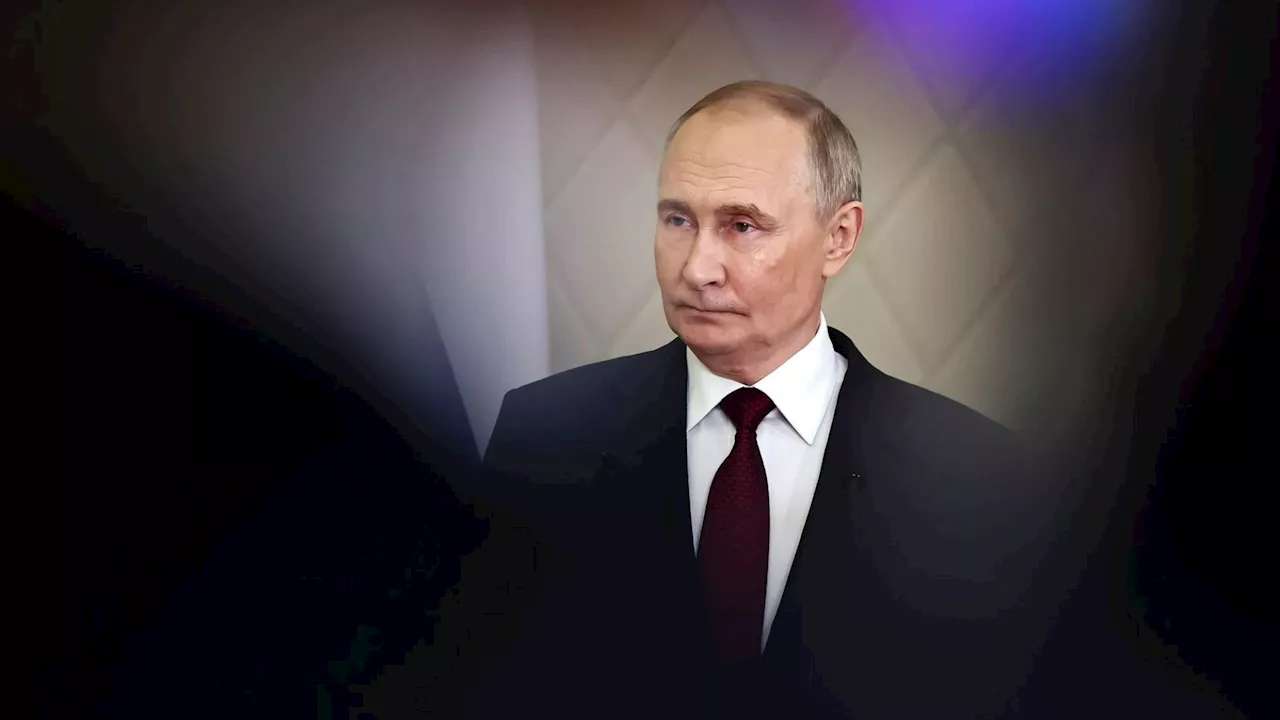The article examines the economic challenges facing the UK Labour Party in 2025, including low growth, falling living standards, and global uncertainty. It analyzes the potential impact of various factors such as the Trump presidency, rising bond yields, and consumer confidence. The author suggests potential solutions, including capping consumer costs like rent, energy, and water bills, exploring a windfall tax on profitable sectors, and considering rejoining a customs union or single market with the EU.
Labour inherited a difficult economic situation. The UK economy has experienced 15 years of sluggish growth, living standards have declined, and public services have faced years of austerity. Reversing the UK's economic trajectory was never going to be a quick fix. Even with excellent domestic management and stable global conditions, it would take several years.
As growth forecasts decrease, the pound weakens, and bond yields increase, the Chancellor faces a challenging 2025, and this is before the implications of the Trump presidency unfold, with potential for trade tariffs and further geopolitical instability. It's important to note that some recent headlines have drawn inaccurate comparisons to the disastrous mini-Budget of Liz Truss and Kwasi Kwarteng. While the interest paid on Government borrowing has risen to levels last seen in the late 1990s, it has not surged by 50 percent as it did following the 2022 mini-Budget – and, unlike then, there has been no impact on mortgage rates. Nevertheless, with the Budget only two months away, the economic outlook weak, bond markets volatile, people and public services struggling, the question remains: how can Rachel Reeves navigate this complex situation?One of the most significant economic problems is also a political one: the lack of a positive sentiment. People do not trust politicians to improve their lives, and the evidence of the last 15 years suggests their distrust is justified. Similar to business confidence, consumer confidence is fragile – a result of both strained household finances and a bleak economic outlook. A cost-effective way for Reeves to alleviate household financial pressures would be to cap consumer costs. This could be achieved through various methods. A major step would be to impose a multi-year rent freeze on landlords, based on rents in January 2025 (to prevent a rush to increase rents or evict tenants before such a freeze takes effect). In recent years, private sector rents, in particular, have soared above inflation – average UK private rents increased by 9.1 percent in the last year. Research published this week by the Resolution Foundation shows the UK is an outlier with UK housing costs “The high cost of housing leaves people with less disposable income to spend in local economies – in job-creating sectors like retail, hospitality, and leisure. Capping rental costs would not only benefit struggling tenants but also numerous businesses impacted by rising employment costs from the national insurance rise taking effect in April. Labour has also contacted regulators (including Ofwat, Ofgem, and the Financial Conduct Authority) seeking ideas to boost growth, implying that regulation hinders growth and removing undue restrictions on business stimulates it. The obvious way to stimulate growth would be to cap increases in energy and water bills. Labour could have assumed office and immediately implemented this, but has remained passive as energy companies hiked bills by 10 percent in October and a further 1.2 percent this month. Similarly, water companies have been permitted to increase bills by 36 percent above inflation over the next five years. Capping costs would be politically popular – a majority of Conservative and Reform voters support the public ownership of water and energy, which itself reflects public frustration with exorbitant utility bills post-privatisation.The increase in bond yields means it is more expensive for governments to borrow (and this is affecting governments worldwide, not just in the UK). However, there are alternative options: during the Covid pandemic, the Bank of England’s Andrew Bailey assured the Government and the markets that: “We can help to spread over time the cost of this thing to society and that to me is important. We have choices there and we need to exercise those choices”. This translated into the Bank buying Government debt and charging a lower interest rate than prevailing market conditions. Whether the Bank would be receptive to such a move in the face of market turmoil might depend on whether the recent jitters escalate into a full-blown global economic crisis – and that may hinge on the early decisions of the incoming Trump presidency. Labour could also generate funds through a windfall tax on sectors that have enjoyed substantial profits in recent years. The energy sector, for example, has thrived given it posted record profits last year. The revenue generated from these one-off taxes could be utilized to reduce the need for additional borrowing.The Office for Budget Responsibility estimated that in the long run, Brexit will reduce our overall output by around 4 percent compared to had we remained in the EU. Given the precarious state of the UK economy, rejoining a customs union with the EU (as Turkiye has) and/or the single market (as non-EU members Switzerland and Norway have) would provide an immediate boost. Even Reform’s leader stated, in making his case pre-referendum, “would it be so bad if we were like Switzerland and Norway?” (i.e.
UK Economy Labour Party Economic Challenges Brexit Trump Presidency Consumer Confidence Bond Yields Windfall Tax Customs Union Single Market
United Kingdom Latest News, United Kingdom Headlines
Similar News:You can also read news stories similar to this one that we have collected from other news sources.
 Labour Government Faces Backlash in 2025The Labour Government's unpopularity rises due to Britain's ongoing crises and the party's failure to deliver on promises.
Labour Government Faces Backlash in 2025The Labour Government's unpopularity rises due to Britain's ongoing crises and the party's failure to deliver on promises.
Read more »
 North Shropshire MP Helen Morgan Vows to 'Take the Fight to Labour' in 2025North Shropshire MP Helen Morgan outlines her key ambitions for 2025, criticizing the government's policies on winter fuel payments and inheritance tax while pledging to fight for her constituents' interests.
North Shropshire MP Helen Morgan Vows to 'Take the Fight to Labour' in 2025North Shropshire MP Helen Morgan outlines her key ambitions for 2025, criticizing the government's policies on winter fuel payments and inheritance tax while pledging to fight for her constituents' interests.
Read more »
 Marquez Faces Five Hurdles at Ducati in 2025Marc Marquez's move to Ducati in 2025 brings high expectations, but the Spaniard faces several challenges, including navigating intra-team tensions with Francesco Bagnaia.
Marquez Faces Five Hurdles at Ducati in 2025Marc Marquez's move to Ducati in 2025 brings high expectations, but the Spaniard faces several challenges, including navigating intra-team tensions with Francesco Bagnaia.
Read more »
 Putin's 'Meatgrinder' War: Russia Faces Massive Losses in 2025Experts predict Russia will suffer catastrophic losses in its war against Ukraine in 2025, with millions of soldiers killed, wounded, or captured. Despite heavy casualties, Putin is expected to continue his offensive, targeting cities like Pokrovsk in Ukraine's Donetsk region.
Putin's 'Meatgrinder' War: Russia Faces Massive Losses in 2025Experts predict Russia will suffer catastrophic losses in its war against Ukraine in 2025, with millions of soldiers killed, wounded, or captured. Despite heavy casualties, Putin is expected to continue his offensive, targeting cities like Pokrovsk in Ukraine's Donetsk region.
Read more »
 Reeves faces spending wrangles and a search for growth in 2025Rachel Reeves faces an unenviable situation as the new year begins.
Reeves faces spending wrangles and a search for growth in 2025Rachel Reeves faces an unenviable situation as the new year begins.
Read more »
 Australian Open 2025: Djokovic Eyes Record, Raducanu Faces Injury ConcernsThe Australian Open kicks off in 2025 with Novak Djokovic aiming for his record-breaking 25th Grand Slam title. Emma Raducanu, meanwhile, battles a back injury in her bid for success.
Australian Open 2025: Djokovic Eyes Record, Raducanu Faces Injury ConcernsThe Australian Open kicks off in 2025 with Novak Djokovic aiming for his record-breaking 25th Grand Slam title. Emma Raducanu, meanwhile, battles a back injury in her bid for success.
Read more »
